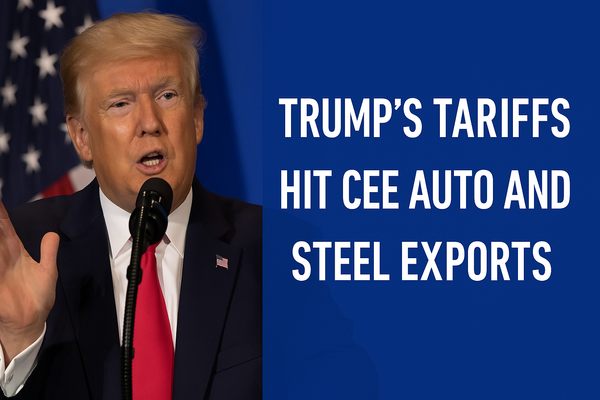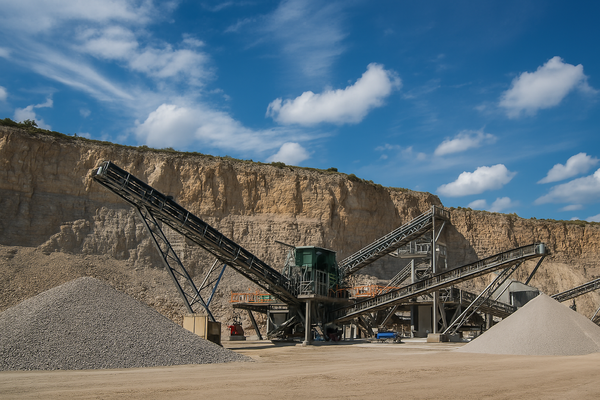
Intel postpones EUR 4bn Polish factory plan
US firm Intel has decided to delay its semiconductor plant project near Wroclaw, west Poland, until 2026 due to the company’s worsening global financial situation, the Polish Digital Affairs Ministry announced on Monday, 17 September. The ministry said Poland remains committed to semiconductor investments and plans to use its recent experience with the EC to facilitate these.
Intel CEO Pat Gelsinger informed Polish Deputy Minister of Digital Affairs Krzysztof Gawkowski of the decision, citing financial difficulties, according to Polish state news agency PAP. Gelsinger said Intel, which lost USD 1.6bn (EUR 1.43bn) in the second quarter, is experiencing “global financial problems” and is halfway through a plan to cut its workforce by 15,000 and costs by USD 10bn.
Last-minute move puts investment on ice
The decision seems to have been taken at the 11th hour, coming after construction machinery had already been moved to the site.
Intel initially announced in June 2023 its intention to invest USD 4.6bn (EUR 4.12bn) in construction of a semiconductor integration and testing facility in Miekinia, near Wroclaw. This project was projected to directly generate some 2,000 jobs, as well as supply and construction work opportunities.
Intel said it would “help meet critical demand for assembly and test capacity that Intel anticipates by 2027”, as then prime minister Mateusz Morawiecki called the project “the largest greenfield investment in the history of Poland”. The US firm added that the new Polish plant would contribute to creating Europe’s most advanced semiconductor supply chain.
Poland then notified the European Commission (EC) of its plan to provide over PLN 7.4bn (USD 1.9bn) in state aid for Intel’s investment, as per EU regulations, and announced on 13 September that the EC had approved the plan.
Media observers noted that plus point of the postponement for Polish Prime Minister Donald Tusk’s government, which took power last December, will be one fewer item to balance in its tight budget. Ironically, that budget will now be even further stretched by the recent floods in south-west Poland, including in Wroclaw itself.
Trade agency failed to foresee postponement
Pawel Kurtasz, the then head of the Polish Investment and Trade Agency (PAIH), praised the initiative, saying it would position Poland among the rarified club of nations with semiconductor manufacturing capabilities, and noting that the plant would produce finished products, not only components. He also indicated that the plant, once approved by the EU, would require two years for construction before going online.
Local business daily Puls Biznesu reported in July that Intel was planning to lay off thousands of employees as part of a cost-cutting effort to recover from declining profits and market share. Marcin Graczyk, PAIH’s spokesman, downplayed concerns about the impact on Intel’s Polish project, adding that PAIH foresaw no signs of changes to the plan.





